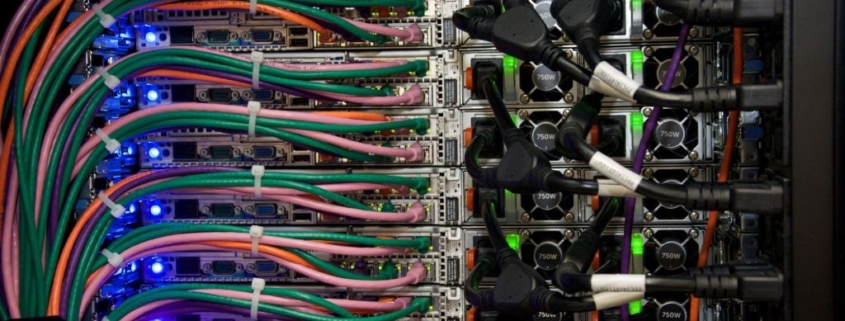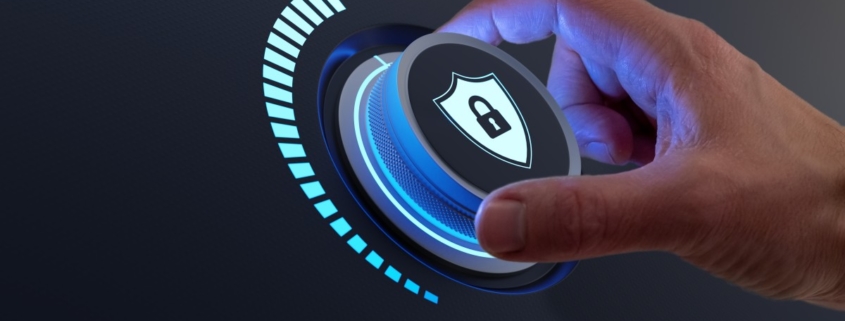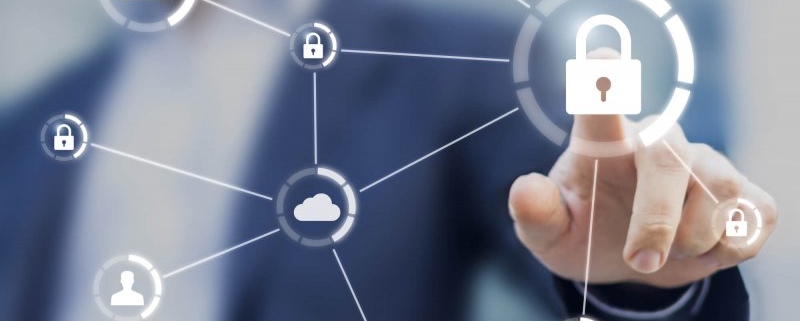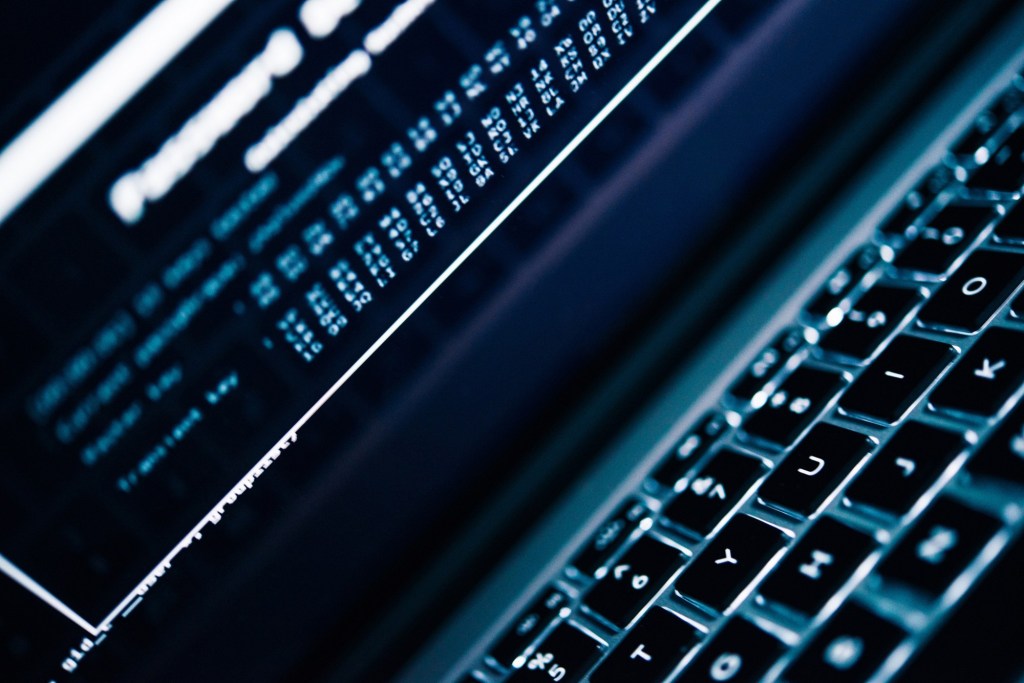Van Nuys man indicted for allegedly selling ‘trojan’ malware to help others crack computers – Daily News
Federal authorities on Thursday announced the arrest of a Van Nuys man who allegedly schemed to market and sell malware that gave purchasers control over computers and enabled them to access victims’ private communications, their login credentials and other personal information.
Edmond Chakhmakhchyan, 24, allegedly used the screen name “Corruption.” He was arrested Wednesday by special agents with the FBI. During his arraignment in federal court, he pleaded not guilty to charges contained in a two-count indictment and was ordered back to court on June 4. His bond was set at $70,000.
The indictment charges Chakhmakhchyan with one count of conspiracy to advertise a device as an interception device, to transmit a code to intentionally cause damage to a protected computer and to intentionally access a computer to obtain information, as well as one count of advertising a device as an interception device. Each count carries a maximum sentence of five years in federal prison.
The indictment alleges an agreement between the malware’s creator and Chakhmakhchyan in which the defendant allegedly would post ads for the Hive remote access trojan, or RAT, on the Hack Forums website, accept Bitcoin payments for licenses to use the Hive RAT and provide customer service to those who purchased the licenses.
Customers purchasing the malware would transmit Hive RAT to protected computers and gain unauthorized control over and access to those devices, allowing the RAT purchaser to close or disable programs, browse files, record keystrokes, access incoming and outgoing communications and steal victim passwords and other credentials for bank accounts and cryptocurrency wallets, all without the victims’ knowledge or permission, according to the indictment.
Chakhmakhchyan allegedly began working with the creator of the Hive RAT, previously known as “Firebird,” about four years ago and advertised online the RAT’s many features.
After advertising the Hive RAT, Chakhmakhchyan exchanged electronic messages with purchasers and explained to one buyer that the malware allowed the Hive RAT user to access another person’s computer without that person knowing about the access,…



